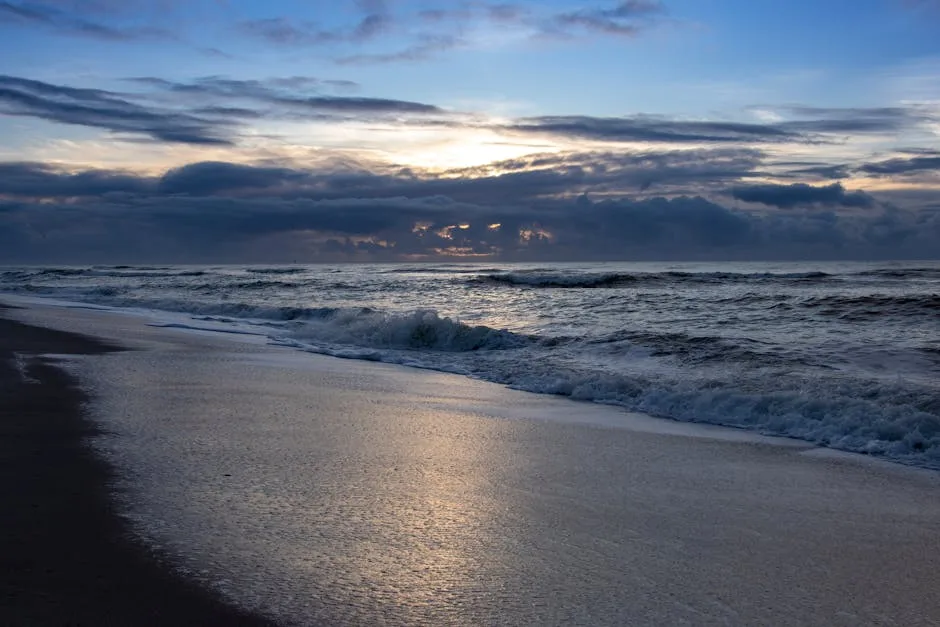
Friday, April 25, 2025, brought significant developments across Germany, ranging from public safety measures to economic forecasts. Authorities in Munich closed the iconic Eisbach river surfing wave following a fatal accident, while nationwide cycling fatalities surged, prompting calls for infrastructure reforms. Meanwhile, Germany’s economic outlook for 2025 remains stagnant, attributed to global trade tensions and lingering tariff impacts.
Munich’s Eisbach Wave Closure After Fatal Incident
The Munich city government ordered the immediate closure of the Eisbach river’s artificial surfing wave after a deadly accident. The wave, a tourist attraction and local landmark, had been operational for decades before the incident. According to The Local Germany, authorities are reviewing safety protocols, though no timeline for reopening has been provided. The decision has sparked mixed reactions, with surfers advocating for improved safety measures rather than a permanent shutdown.
Cycling Safety Crisis on German Roads
German roads witnessed hundreds of cyclist fatalities in 2024, raising alarms over inadequate infrastructure. Advocacy groups highlight the lack of dedicated bike lanes and poor urban planning as contributing factors. While Germany has long promoted cycling as a sustainable transport option, the rising death toll underscores the need for immediate policy changes. Proposals include stricter traffic enforcement and expanded protected cycling networks in major cities.
Economic Slowdown and Trade Tensions
Germany’s 2025 economic forecast projects zero growth, with analysts citing persistent trade tensions and the lingering effects of Trump-era tariffs. A DW report notes that industrial sectors, particularly automotive and manufacturing, face continued pressure from global supply chain disruptions. The government is evaluating stimulus measures, though experts warn that recovery may hinge on international trade resolutions.
Hazardous Waste Scandal in Czech Republic
German industrial waste was illegally dumped in the Czech village of Jirikov, triggering a cross-border environmental investigation. A DW video report revealed contaminated soil samples, with Czech officials demanding accountability from German waste management firms. The incident has reignited debates over EU waste disposal regulations and enforcement.
International and Regional Developments
Beyond Germany, geopolitical tensions escalated with Netanyahu comparing Hamas to Nazis during a Holocaust memorial speech. Meanwhile, India-Pakistan relations deteriorated further after a Kashmir attack prompted Pakistan to close its borders. Sweden also made headlines by criminalizing virginity tests and introducing a controversial refugee repatriation policy mirroring Denmark’s approach.
These events highlight a day of significant developments in Germany and beyond, with implications for public safety, economic stability, and international relations.
References
- “Today in Germany: A roundup of the latest news on Friday,” The Local Germany, Apr. 25, 2025. [Online]. Available: https://www.thelocal.de/20250425/today-in-germany-a-roundup-of-the-latest-news-on-friday-72
- “Germany sees zero growth in 2025, blames Trump tariffs,” DW, Apr. 25, 2025. [Online]. Available: https://www.dw.com/en/germany-sees-zero-growth-in-2025-blames-trump-tariffs/a-72338707
- “How did German hazardous waste end up in this Czech village?,” DW, Apr. 25, 2025. [Online]. Available: https://www.dw.com/en/how-did-german-hazardous-waste-end-up-in-this-czech-village/video-72310091
- “Pahalgam attack: Tensions rise between Pakistan, India,” DW, Apr. 25, 2025. [Online]. Available: https://www.dw.com/en/pahalgam-attack-tensions-rise-between-pakistan-india/a-72339533
- “Today in Sweden: A roundup of the latest news on Wednesday,” The Local Sweden, Apr. 23, 2025. [Online]. Available: https://www.thelocal.se/20250423/today-in-sweden-a-roundup-of-the-latest-news-on-wednesday-193






